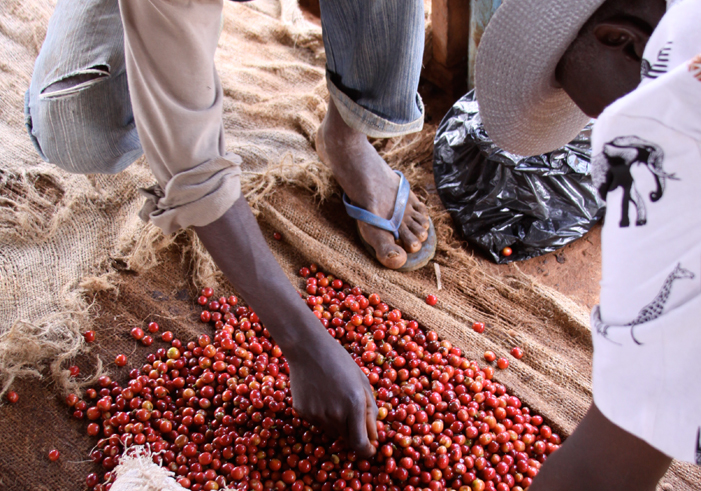After several major accidents in textile factories in Bangladesh over the past couple months, in which hundreds of workers died, Walmart sent a warning of its new “Zero Tolerance” policy to suppliers. At least two of these factories had what Walmart called “unauthorized” contracts with its suppliers. Walmart has reacted by informing its suppliers that it will no longer tolerate unsafe working conditions or unethical practices in the factories that make goods destined for Walmart stores. In a letter sent to suppliers outlining the company’s new policy, Walmart states that suppliers who fail to meet Walmart’s new guidelines could risk being permanently barred from doing business with the retailing giant. Is this move by Walmart just PR damage control or do you think the company will truly follow through on this new policy? If the company does follow through, is this new stance based purely on calculated analysis that will save money in the long run, or does Walmart truly care about human rights?
On April 24th a Bangladeshi garment factory complex collapsed killing 362 people, although the building housed nearly 6,000 employees and many are still unaccounted for (Link #1). This disaster is at least the third of its kind to occur in the south-Asian nation since 112 workers died in a factory fire in November 2012.
With wages and inflation increasing in China, Bangladesh has seen many garment manufactures move to the impoverished nation. China’s average hourly wage is now $1.34, while Bangladeshi wages are on average between 18 and 26 cents per hour, the lowest in the world. Spurred by cheap labor, the garment manufacturing industry in Bangladesh has grown to about $19 billion as of 2013 (Link #2). This quick growth, coupled with a low-cost focus, has led to unsafe conditions in which many factories have been converted from residential buildings, thus not meeting fire safety or maximum occupancy regulations. According to the executive director of the Bangladesh Center for Worker Solidarity, about half of the factories in Bangladesh do not meet legally required work safety standards, standards that are much lower than other emerging nations to begin with.
To combat this problem, Walmart has released a document spelling out its “zero tolerance policy” pertaining to working and safety conditions in factories suppliers subcontract with (Link #3). Within this document, Walmart states it “would like to improve the safety of [its] global supply chains”, and that it “is committed to value chains that empower people who work in them.” To oversee this goal, all factories in Bangladesh are to be audited by Walmart to ensure they are abiding by acceptable safety standard regulations and “Ethical Sourcing” requirements. Factories that fail to meet these requirements will be added to a “red card” list on Walmart’s corporate website, which will bar them from being included in the company’s massive supply chain. Further, according to the “Zero Tolerance” document, Walmart has been meeting with government officials and other companies who outsource manufacturing to Bangladesh in order to create a united front against subpar labor standards.
If the “Zero Tolerance” measures don’t work in Bangladesh, Walmart’s suppliers may have to move contracts to countries like Cambodia or Vietnam where average hourly wages are 29 cents and 55 cents, respectively. This move will undoubtedly raise costs associated with Walmart’s supply chain, as will implementing the auditing process of Bangladeshi factories.
As a reader of this blog, what do you think Walmart’s motives are for implementing these strategies? From a profit and loss standpoint, do you think this will help or hurt Walmart’s shareholders?
